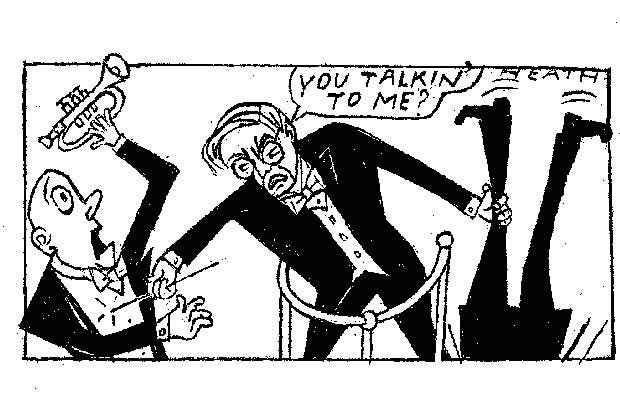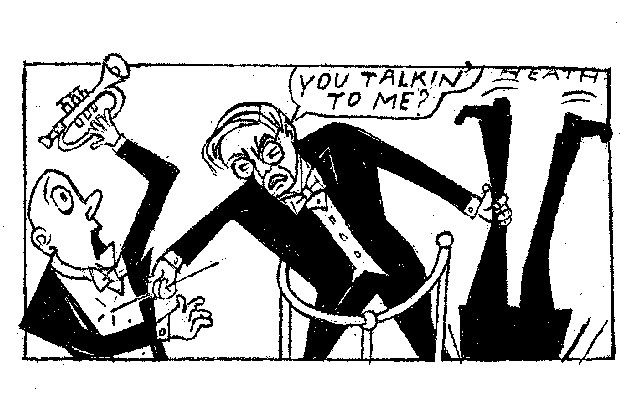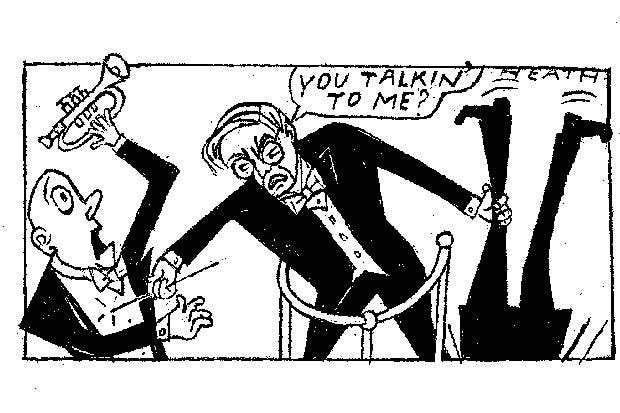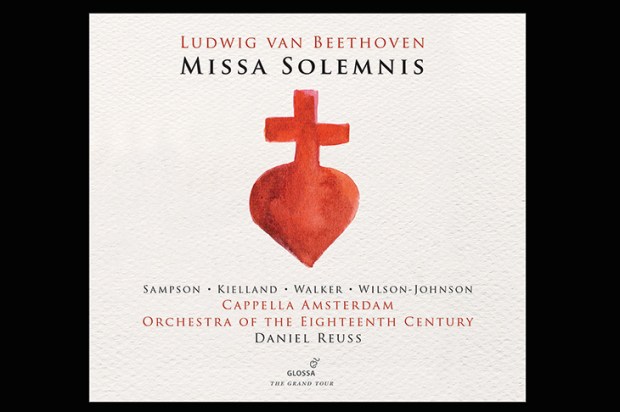Sir John Eliot Gardiner is talented almost beyond measure. His Monteverdi Choir, English Baroque Soloists and stupidly named Orchestre Révolutionnaire et Romantique have notched up one triumph after another over the decades: benchmark recordings of the Monteverdi Vespers and Bach B minor Mass, the finest period-instrument Beethoven symphony cycle and a cantata pilgrimage of live performances of all the Bach sacred cantatas. His recordings of Mozart operas are dazzling. At 72, Gardiner is at his artistic peak. His live re-recordings of the Beethoven Fifth, Seventh and Missa Solemnis eclipse their predecessors and in its second account of the Bach motets the Monteverdi Choir sings with such eerie precision, infused with the spirit of dance, that its rivals must despair.
Add to that Gardiner’s glorious book Music in the Castle of Heaven (2013), in which he draws on his other career as a gentleman farmer to illuminate Bach’s relationship with the agricultural year, and you have to wonder: is there anything this man can’t do?
The answer is yes. One art eludes him: good manners. Not consistently — ‘Jiggy’, as he doesn’t like to be known, is scrupulously respectful to his friend the Prince of Wales. But musicians tell a different story, of tantrums and haughty self-regard. Anecdotes about him circulated privately until Stephen Walsh, praising Gardiner’s book in The Spectator, referred to his ‘notorious rudeness to performers and colleagues’. Peter Phillips, director of the Tallis Scholars, quoted this in his column, adding that Jiggy ‘recently lost his temper with a brass player in the London Symphony Orchestra’ (which was putting it mildly, apparently).
Many legendary maestros had atrocious tempers: Toscanini, Solti (‘the screaming skull’) and, nastiest of all, Reiner. But the evidence is mostly scattered in memoirs and programme notes, and Gardiner presumably hopes that history will also airbrush his reputation. If so, he’s never tried googling his name and ‘rudeness’.
Enemies flocked to comment threads after Phillips’s piece appeared. ‘His ability to make performers and administrative staff feel worthless is quite extraordinary,’ said one. ‘A pompous ass and prima donna,’ said another. Somebody calling himself Kim Patrick Clow, on the Bach Cantatas Website, accused Jiggy of treating musicians and non-musicians alike ‘like shit’. One ‘John Pike’ said he’d known Gardiner’s former secretary and ‘the stories …are no exaggeration’. A reviewer on Amazon wrote a spoof diary of Sir John Eliot Gardiner that portrayed him as excruciatingly vain. The Scottish arts blogger Tam Pollard claimed that one celebrated amateur chorus had refused to work with the maestro again after being bawled out in rehearsal.
Sir John Eliot’s friends think all this is unfair. Although he is generously endowed with self-esteem, he is not a monster like Reiner. He inspires deep affection in some colleagues. But online chatter is magnifying his faults and, for some listeners, takes the edge off their delight at his music-making. Belatedly anxious about his image problem, he now says he has ‘mellowed’. That may be true, but there is plenty of mellowing still to do. ‘I passed Jiggy in the car park not that long ago,’ says one award-winning opera singer, ‘and he stared through me as if I was a parlourmaid.’
Got something to add? Join the discussion and comment below.
Get 10 issues for just $10
Subscribe to The Spectator Australia today for the next 10 magazine issues, plus full online access, for just $10.














Comments
Don't miss out
Join the conversation with other Spectator Australia readers. Subscribe to leave a comment.
SUBSCRIBEAlready a subscriber? Log in